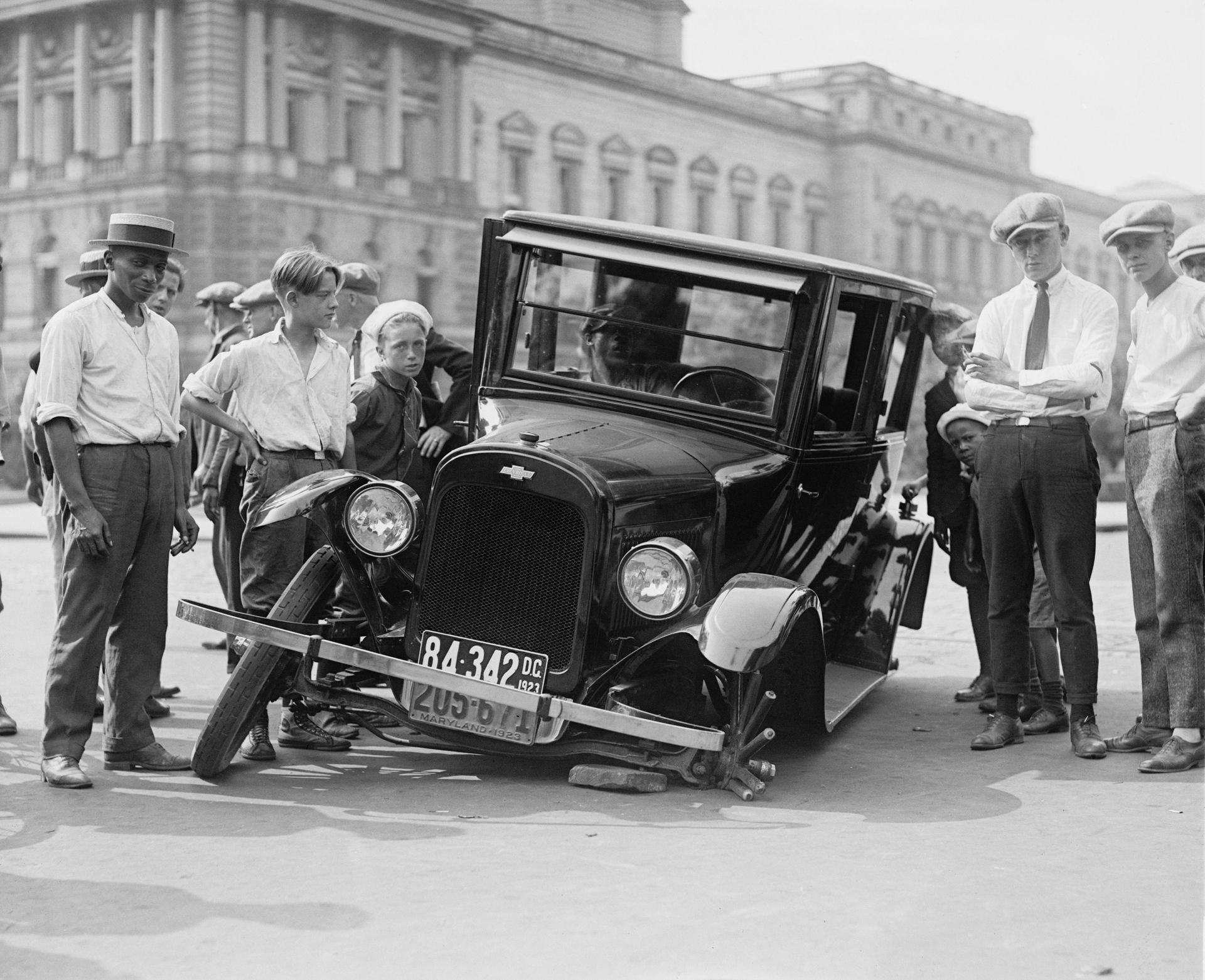By Ben Scandrett
•
July 7, 2025
What Makes Roads More Slippery After Dry Weather? After weeks of hot, dry weather, the skies have finally opened — and with that first heavy downpour comes a surprising and dangerous change in road conditions. At Advanced Vehicle Contracts, we’re not just here to get you into your next lease vehicle; we’re here to help you stay safe while driving it. It might seem strange, but the first rain after a long dry spell can make roads even more hazardous than a typical wet day in winter. Here’s why: during extended dry weather, road surfaces collect a mix of engine oil, tyre rubber, brake dust, and fuel residue. These materials build up layer by layer on the tarmac — especially on well-used urban roads and motorways. When the rain finally falls, this residue mixes with the water to create an oily film, which significantly reduces tyre grip. The road might look normal — but it’s as slick as a skating rink underneath. How to Drive Safely After a Sudden Summer Downpour If you're heading out after the kind of warm, dry weather we’ve just experienced, and you see rain on the horizon, here are our top safety tips: 1. Reduce Your Speed Slowing down gives you more time to react and makes it easier to stay in control if your tyres lose grip. Even just 5–10mph slower can make a big difference. 2. Leave Extra Space Increase your following distance to allow for longer stopping times. The rule of thumb: at least four seconds behind the vehicle in front during wet conditions. 3. Avoid Sudden Movements Brake gently, steer smoothly, and accelerate gradually. Harsh inputs can cause you to skid or aquaplane — particularly on those oily patches near roundabouts and junctions. 4. Be Ready for Reduced Visibility Rain can come down fast after hot weather. Keep your wipers in good condition and your dipped headlights on so you're visible to others. 5. Beware of Aquaplaning If water builds up on the surface and your tyres lose contact with the road, gently lift off the accelerator and keep your steering steady. Don’t brake hard or make any sudden movements. Look After Your Vehicle — and It Will Look After You Whether you’re driving a brand-new lease car, a business van, or an electric vehicle from Advanced Vehicle Contracts, keeping your tyres in good shape is essential. Check tread depth and pressure regularly, especially before a weather change — they’re your first line of defence against slippery roads. Final Word from AVC We’ve enjoyed some glorious sunshine recently — but the UK being the UK, the weather can change in minutes. If you've noticed the roads feeling slick after a sudden summer storm, you're not alone. The key is being prepared, driving with care, and understanding the risks. At Advanced Vehicle Contracts, we want every journey in your lease vehicle to be a safe and confident one — whatever the forecast says. If you need vehicle advice or want to explore our latest lease deals, get in touch with our friendly team on 01926 422333.





















